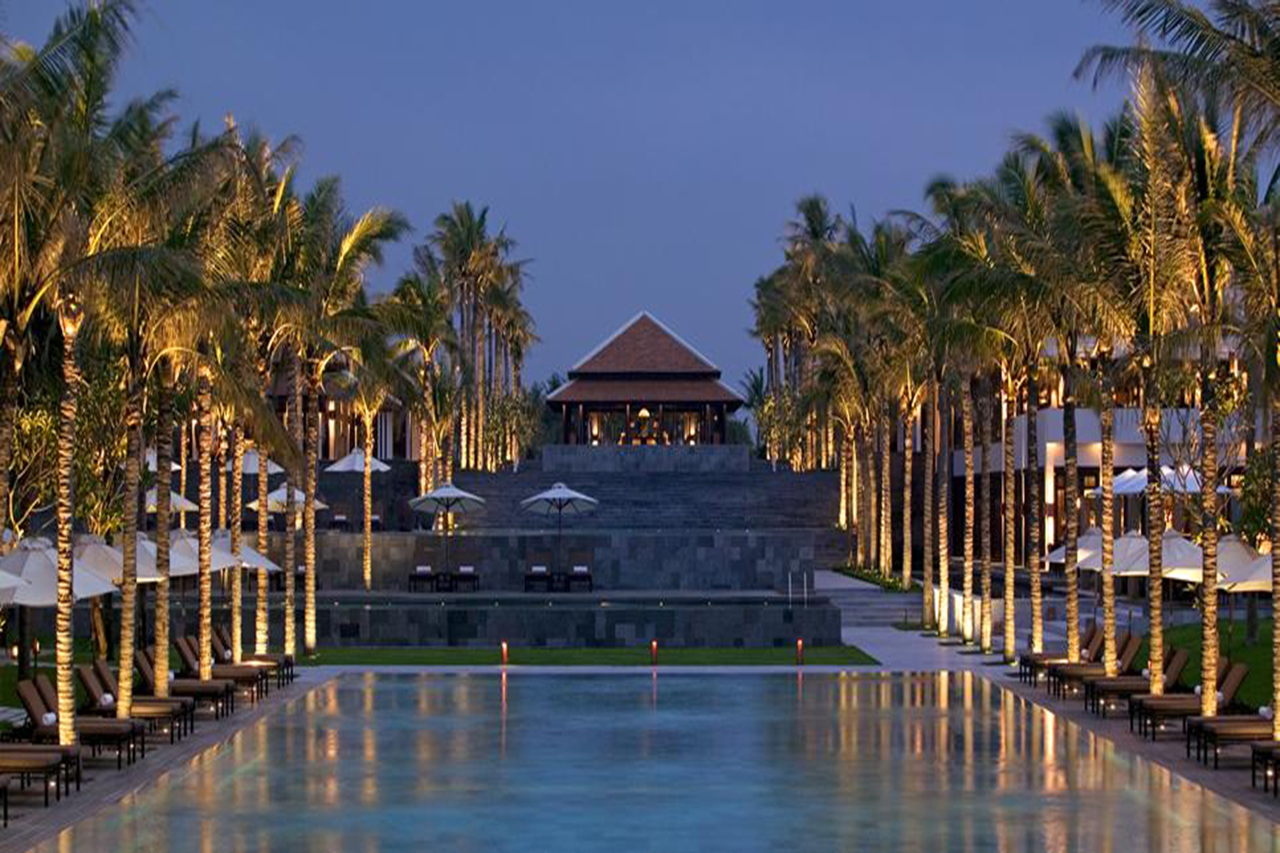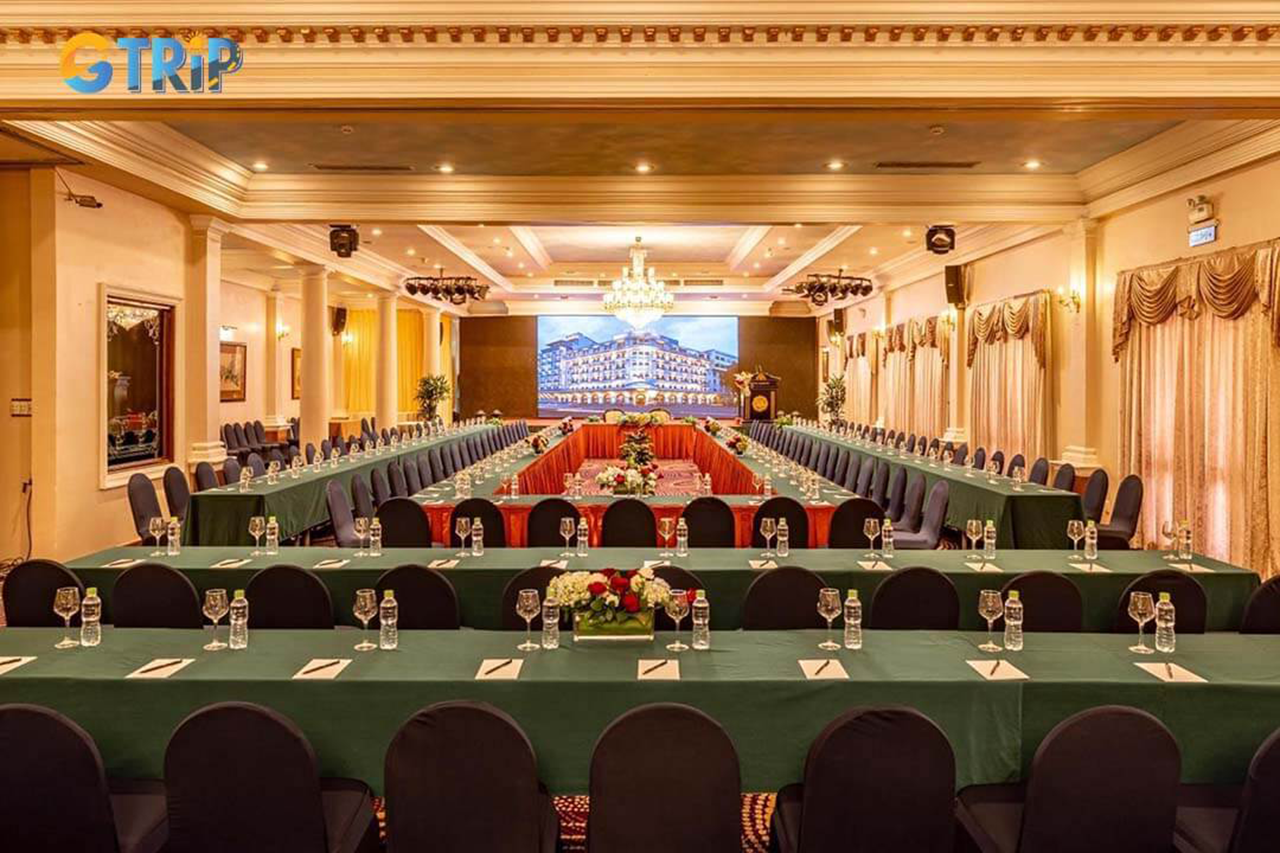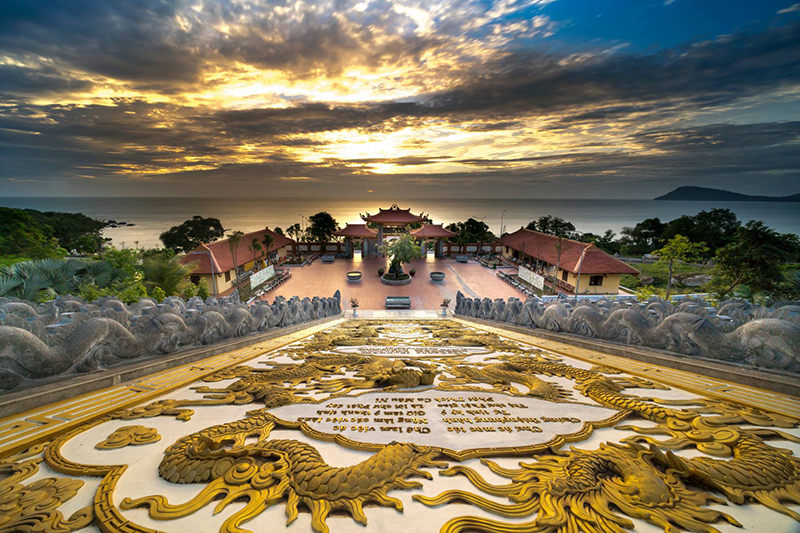-

Booking Tips for Hotels in Vietnam: What Every Traveler Should Know
-

Exploring Local Culture Through Your Hotel Stay in Vietnam
-

Family-Friendly Hotels in Vietnam: Comfort for All Ages
-
.png)
Vietnamese Design Meets Global Comfort: Aesthetic Trends in Hotels
-

Business Travel in Vietnam: Hotels That Understand the Modern Professional
Independence Palace – Witness to Vietnam’s Modern History
✨ Where the Past Meets the Turning Point of a Nation
Standing at the center of Ho Chi Minh City, the Independence Palace (also known as Reunification Palace) is a powerful symbol of Vietnam’s 20th-century political legacy. This striking modernist structure was once the home and workplace of the South Vietnamese President — and the very site where the Vietnam War came to a historic end on April 30, 1975.
🕊️ Historical Significance
-
Originally built as the Norodom Palace by the French in the 19th century, it was redesigned in the 1960s in bold modernist style after being bombed during a coup attempt.
-
On April 30, 1975, North Vietnamese tanks crashed through the palace gates, marking the official reunification of Vietnam and the fall of Saigon.
🏛️ What to See Inside
-
Cabinet Room & Presidential Office: Preserved exactly as they were in the 1970s, offering a glimpse into the power rooms of the former regime.
-
Communication Bunker: Underground tunnels and radio rooms remain intact — once used to coordinate military operations.
-
War Room & Strategy Maps: Still bearing strategic plans drawn during the final days of the war.
-
Rooftop Helicopter: A symbolic icon of the evacuation era, representing the last attempts to escape.
🧭 Visitor Tips
-
A guided tour or audio guide brings powerful context to each space.
-
The peaceful garden surrounding the palace contrasts deeply with the intensity of the history within.
-
Don’t miss the vintage Mercedes and official cars in the garage used by former presidents.
📍 Why Visit?
More than just a building, Independence Palace is a time capsule of war and peace — a place that witnessed one of the most defining moments in Vietnam’s modern identity. It’s a must-visit for those who want to feel the heartbeat of history.
Related articles





